Our Device
Brain-Computer Interface
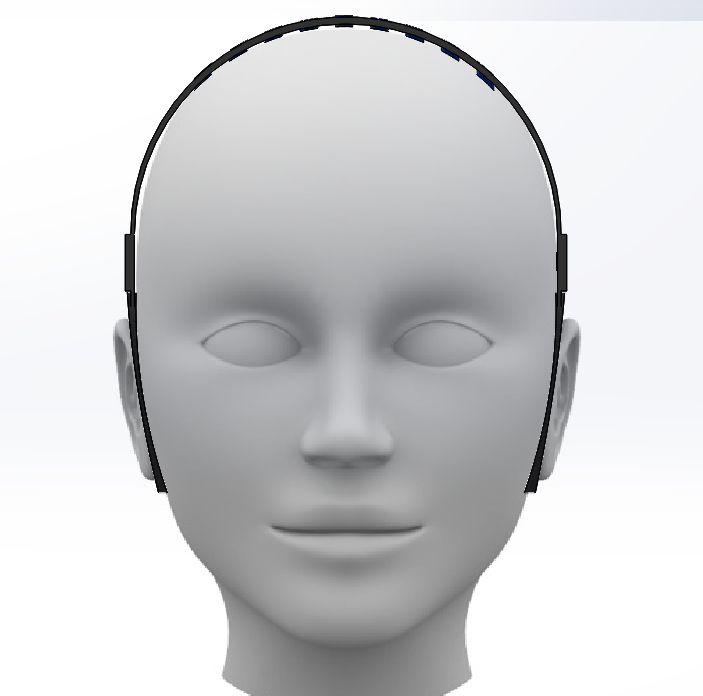
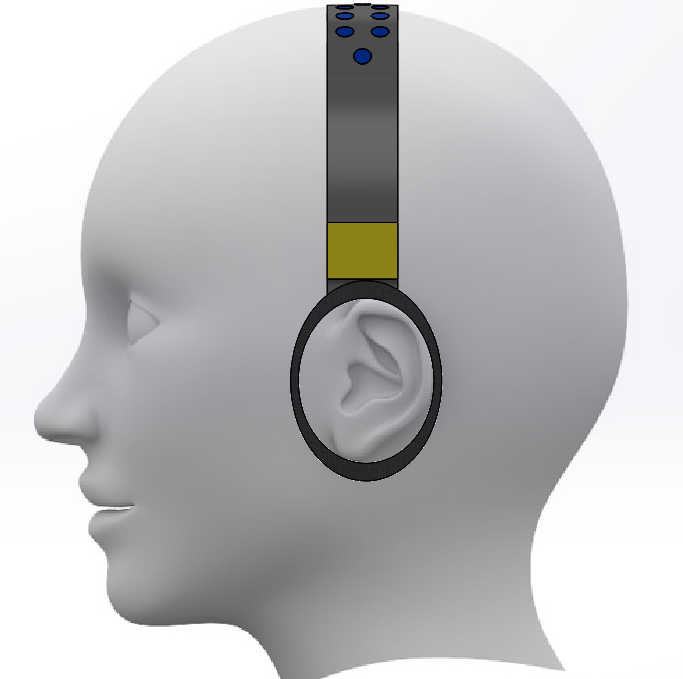
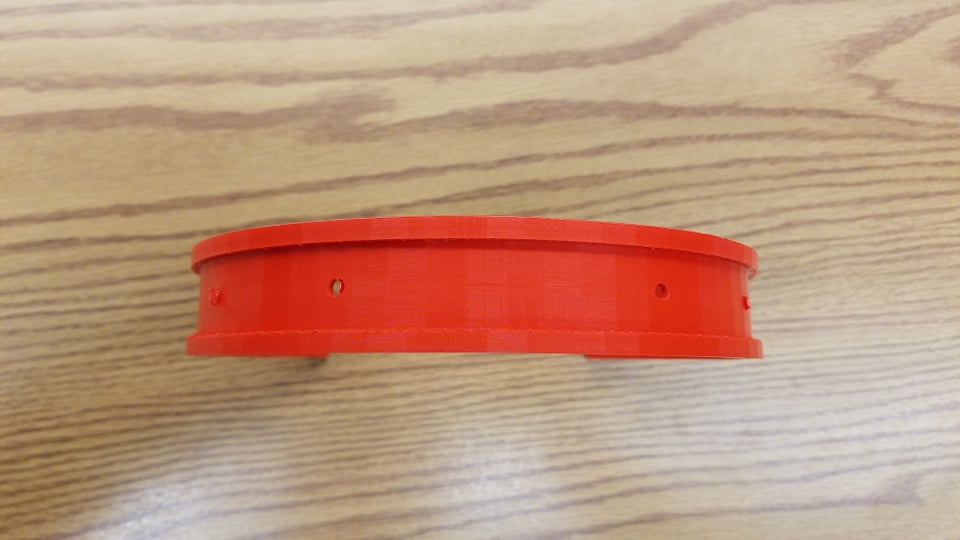
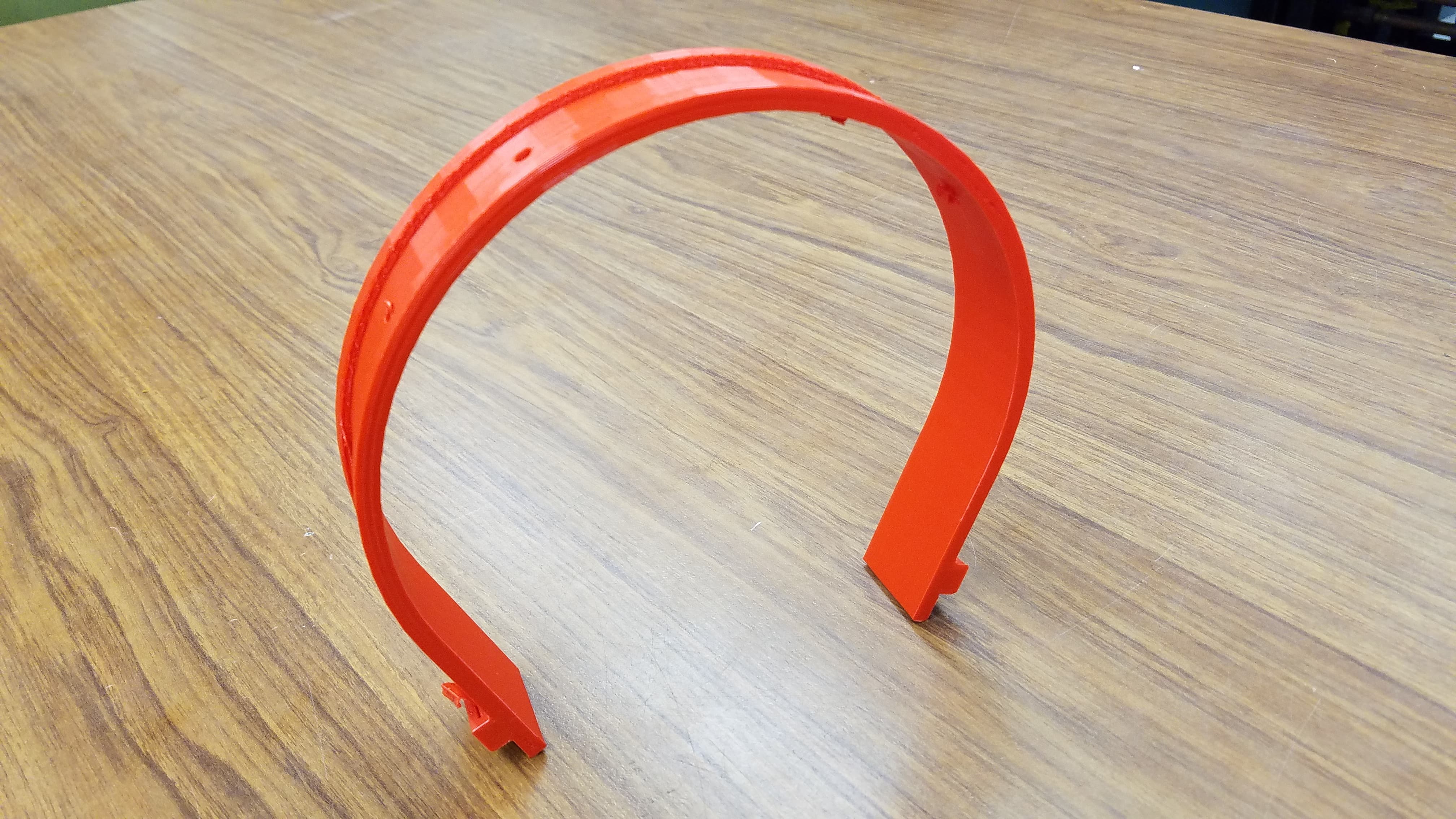
Functional Electrical Stimulator
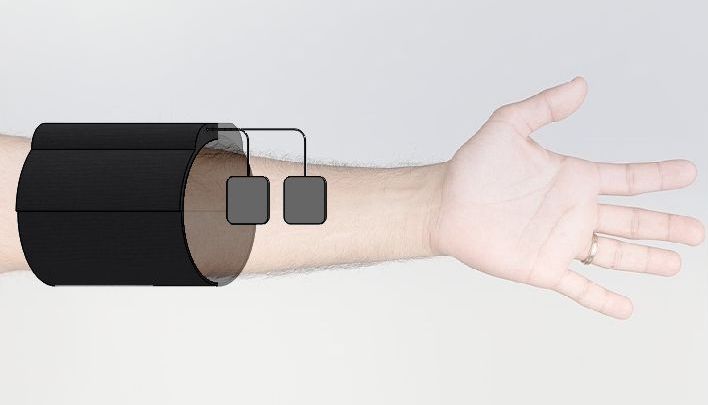
Portable
Waiv uses BlueTooth technology to remove wires and improve mobility. No longer are patients restrained to a bed, chair, or computer; instead, they are free to relocate to their place of comfort.
User-friendly
Our software WaivTrain guides users through a calming training routine. Conventional BCI training can be taxing, so we aim to make it as simple for the user as possible.
Inexpensive
Custom hardware design dramatically drives down the cost of the device. This makes the product competitive for insurance coverage.
Specifications
- Number of Channels: 4 channels (up to 16 available)
- Sampling Rate: 400 Samples / sec
- Wireless: BlueTooth 4.2 Low Energy Protocol
- Electrode Type: Dry Electrode - Ag/AgCl
- Packet Density: 16-bits from 16-bit ADC
- Improved noise reduction with amplifier
- Powered by 3V coin-cell battery
Patient Feedback



Competition
| Product | Ease of Use | Cost | Intended Application | |
|---|---|---|---|---|
| Waiv | High | 400 Hz | $3,000 | Stroke Rehab |
| Cognionics Quick-20 | Moderate | 131 Hz | $14,600 | Research and Diagnostics | g.tec g.Nautilus | Moderate | 500 Hz | $5,000 | Stroke Rehab |
| BioSemi Active2 | Low | Unknown | $14,024 | Research |
Stroke Rehab Market
The Team
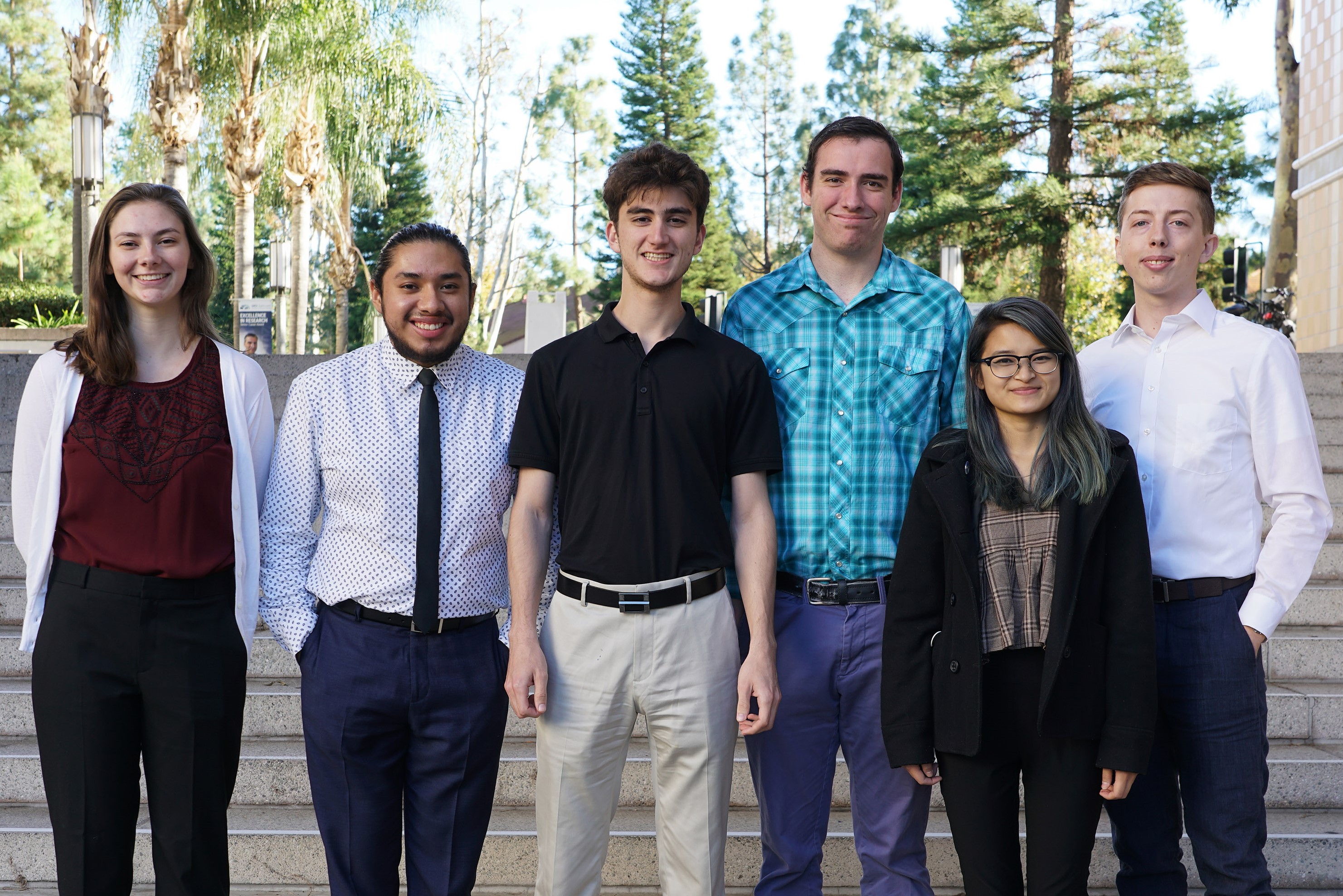
Alex Parivar
Project Manager
Alex is a material science engineer with an interest in materials design for electronics and computation. As the project lead of Waiv he oversees business matters for the company and is involved with the coding of the device.
aparivar@uci.edu
Jorge Angon
Electronics Engineer
Jorge is a biomedical engineer with an interest in BCI technology. As the electronics engineer, his responsibility is developing the functional electrical stimulation and circuit-board design.
jangon@uci.edu
Tom Kaufman
Materials and Software Engineer
Tom is a material science engineer with an interest in developing materials for computational simulation. As a member of Waiv, Tom helps with software and headset development.
tmkaufma@uci.edu
Ngoc Mai
Software Engineer
Mai is a mechanical engineer with experience in software engineering. Her primary goal is developing our application and coding the electrodes.
ngocm1@uci.edu
Tyler McNally
Materials Engineer and Web Design
Tyler is a material science engineer with an interest in materials design for biomedical devices. His primary responsibilities in headset design and in website development.
tmcnally@uci.edu
Maddy Miller
Electronics and Marketing Engineer
Maddy is a biomedical engineer with an interest in neuroscience technology. Her primary goal is in developing the functional electrical development and with patient outreach.
madisomm@uci.edu
- © Untitled
- Design: HTML5 UP